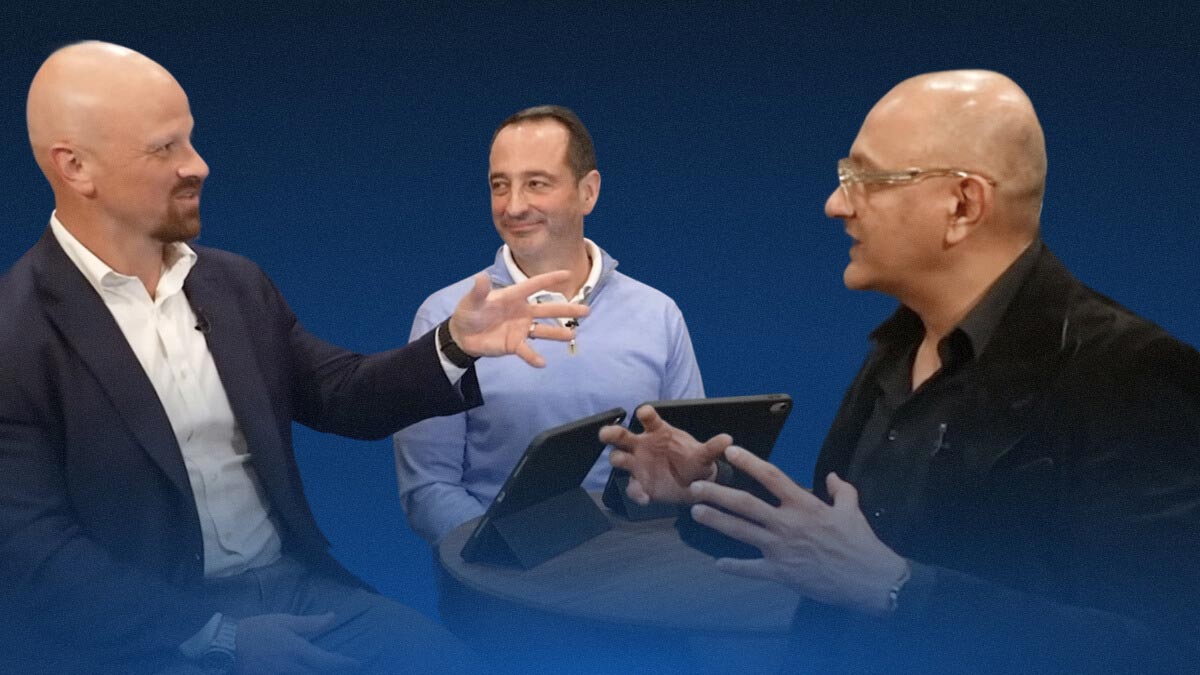LONDON - December 2, 2008 - Information Technology (IT) departments nationwide are confident about the delivery of their projects over the next 12 months despite the economic challenges ahead, according to the findings of a survey announced today by Cisco. Cisco commissioned the independent survey of 500 IT departments across the UK and Ireland in early October 2008.
Entitled IT Reality Gaps, the research investigates the key IT objectives being set by businesses and assesses the challenges ahead in achieving those goals. The study identifies the resultant 'reality gaps' between aspirational goals and the ability to achieve objectives, by exploring the IT departments' alignment with overall business performance, and the concerns expressed by IT professionals in achieving their goals.
The findings show high levels of confidence from corporate IT departments, with 68 per cent of organisations confident of meeting their goals in 2009. Furthermore, the survey found that the biggest 'reality gaps' in IT strategy are in core infrastructure areas such as network performance and network security. Businesses are also placing a high priority on increasing productivity by deploying solutions such as unified communications and next-generation applications such as video.
Other notable findings:
- Innovation increases resolve and readiness. 84 per cent of businesses that consider themselves 'cutting edge' in terms of innovation are more confident of achieving their IT goals, whilst only 44 per cent of the businesses with a cautious approach to innovation express the same level of confidence.
- Pervasiveness of technology means greater business alignment. More than half (56 per cent) of IT departments are now formally aligning their IT objectives with organisational goals, which increases to 62 per cent in the technology sector and 79 per cent in the finance sector. While these figures show a positive relationship between technology strategy and commercial performance, other trends in the data show that there are obstacles still to overcome.
- Key challenges affecting IT delivery. Time and budget challenges are most likely to be experienced in the delivery of security and next-generation applications, whilst a lack of needed skills is a more prevalent challenge in achieving unified communications goals.
Wendy Mars, head of Cisco's Technical Operations in UK & Ireland, said: "While there are some exceptions, the compelling message is just how confident and business-aligned the UK's IT departments are. Whilst IT is certainly not insulated from the prevailing economic climate, it is clear that there is an appetite from UK plc to continue to drive innovation, as long as measurable objectives can be set."
The core network - infrastructure and security - is where IT departments are setting their top priorities and inevitably where there is most ground to cover in achieving their goals. Despite 56 per cent of respondents identifying that network security as a high priority, only 30 per cent believe achieving security objectives will be straightforward. 52 per cent of the respondents cite network performance as a high priority, whilst only 27 per cent see achieving this goal as straightforward.
"Businesses are more confident about their ability to deliver Web presence and ecommerce projects than other areas of IT," said Mars. "Understandably performance and security are perennial issues, as businesses will always want to be safer and faster. However, next-generation applications, like video and unified communications are areas where businesses continue to innovate and bring real productivity benefits to their organisations."
One key indicator of where next-generation technology is playing a role in IT strategy is that 88 per cent of respondents use video or rich media content on their networks, with 58 per cent stating that it is either important or very important for the network to support video. However, despite this enthusiasm, 71 per cent of respondents associate challenges with delivering rich media and video content.
"IT innovation has a critical role to play in a challenging commercial environment, as do clarity, flexibility and confidence. It is those businesses that are best prepared for 'stormy' weather that will have the greatest chance of success," said David Clarke, Chief Executive of the British Computing Society. "While IT is seen as a strategic enabler in many businesses, it's important that businesses also recognise the impact that constraints such as skills, resources, budgets and time can have on the IT department's ability to enhance business performance."




